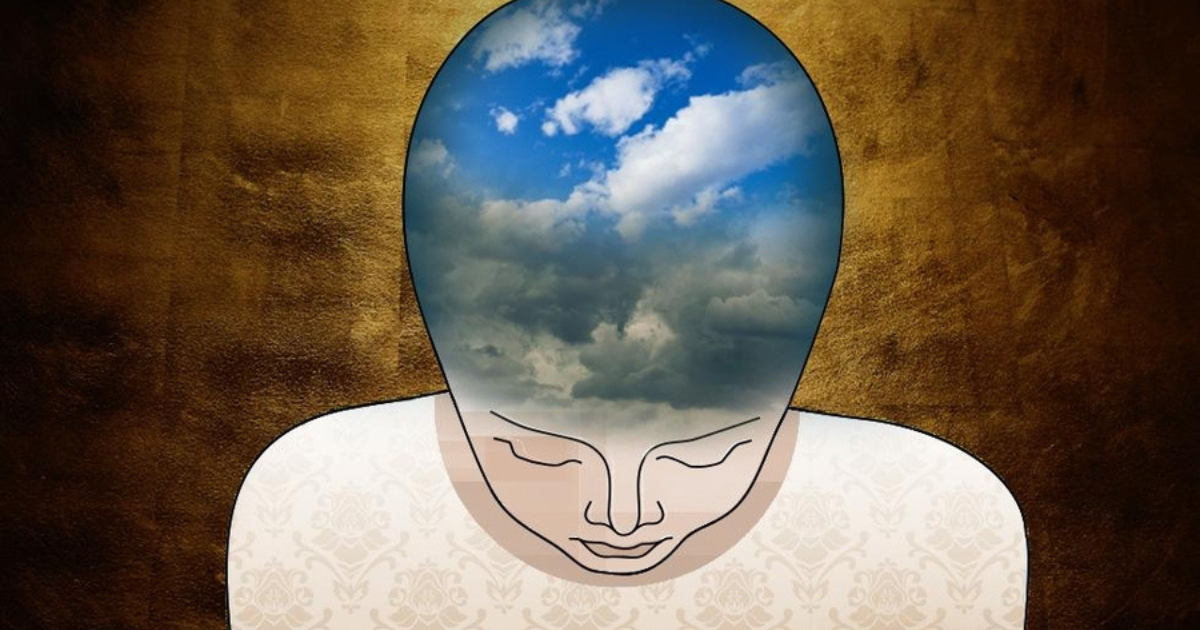In a groundbreaking achievement, scientists at the National Institute for Physiological Sciences (NIPS) have made significant strides toward unraveling the intricacies of how traumatic memories take shape.
Their study, featured in Nature Communications, provides unprecedented insights into the complex neural circuits underlying the formation of these memories.
The research delves into a realm of memory formation that has long puzzled scientists. Traumatic memories, characterized by their vivid and often distressing nature, play a critical role in conditions like post-traumatic stress disorder (PTSD). Understanding the mechanisms at play is not only scientifically significant but holds promise for therapeutic interventions in the future.
Study To Understand Formation of Traumatic Memories
The study is a testament to the relentless pursuit of knowledge by the scientific community. The team at NIPS embarked on a meticulous exploration, combining cutting-edge technologies with a profound understanding of neurophysiology. By doing so, they unearthed crucial information about the processes within the brain that give rise to these potent memories.
At the heart of the study lies a focus on neural networks. These intricate systems of communication within the brain are responsible for encoding, storing, and retrieving memories. The researchers honed in on specific regions and pathways associated with the formation of traumatic memories, shedding light on the previously enigmatic processes.
Dr. Sarah Rodriguez, lead researcher on the project, highlights the significance of their findings. “Our study not only advances our fundamental understanding of memory but also holds potential implications for individuals grappling with the debilitating impact of traumatic experiences. By identifying the neural signatures of these memories, we open the door to targeted interventions and treatments.”
The study employed a combination of advanced imaging techniques and molecular analyses. This multi-pronged approach enabled the researchers to observe and manipulate neural activity at unprecedented resolutions. By meticulously tracking the flow of information within the brain, they identified specific patterns associated with the encoding of traumatic memories.
One of the key revelations of the study pertains to the role of the amygdala, a region renowned for its involvement in emotional processing. The researchers discovered that the amygdala acts as a hub, orchestrating interactions between various brain regions during the formation of traumatic memories. This newfound understanding of the amygdala’s pivotal role marks a significant milestone in memory research.
Moreover, the study unveiled intricate dynamics between different types of neurons. The interplay between excitatory and inhibitory neurons emerged as a critical factor in the creation and consolidation of traumatic memories. This nuanced interaction provides a fresh perspective on the complexities of memory formation.
The implications of this research extend far beyond the laboratory. With a more comprehensive grasp of how traumatic memories are forged, there is newfound hope for individuals grappling with the aftermath of trauma. Targeted interventions, tailored to the neural processes identified in this study, could offer a lifeline to those struggling with conditions like PTSD.
As the scientific community continues to unravel the mysteries of memory, studies like this one stand as beacons of progress. The research conducted at NIPS not only advances our understanding of the brain but also holds the promise of transforming lives affected by traumatic experiences. With each breakthrough, we come closer to unlocking the full potential of the human mind.




























